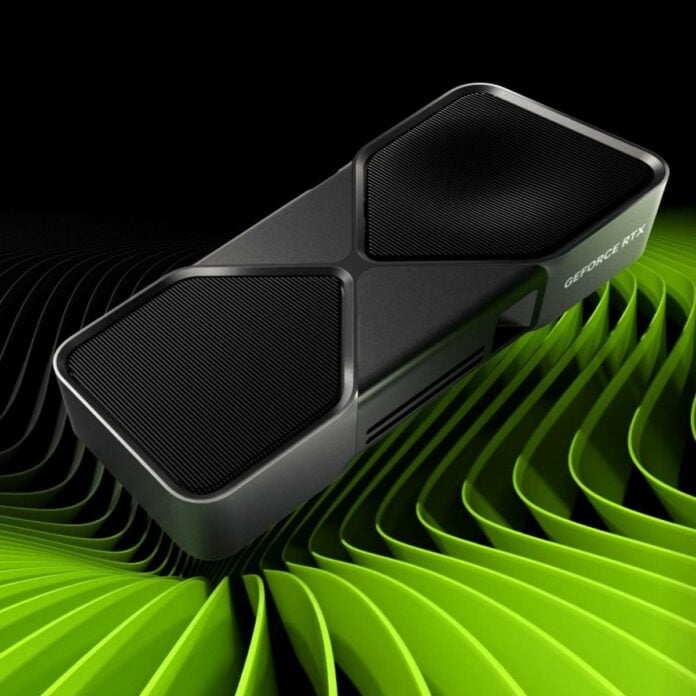Nvidia is seemingly planning to unveil its lowest RTX 50 Series GPUs in ten days according to @Zed__Wang on X, covering the lower-to-mid-range segment. While no date is concrete at the time of writing, March 17 during the GTC (GPU Technology Conference) in San Jose seems about right.
As things stand, RTX 5060 is rumoured to feature the GB206 GPU, seemingly packing 4,608 CUDA cores at most. RTX 5060 Ti should leverage either GB206 or a cut-down version of GB205 that currently powers RTX 5070. On the VRAM side, both models are expected to carry the same configuration offering 8GB of 28Gbps GDDR7 memory running on a 128-bit bus, which results in 448GB/s of bandwidth. That said, RTX 5060 Ti may also get a 16GB version for those playing at higher resolutions. If true, these 60 series cards would mirror their predecessors’ memory capacities while boasting up to 64% higher bandwidth.
Based on the performance improvement seen from RTX 5070 compared to RTX 4070, and RTX 5070 Ti compared to RTX 4070 Ti, we can expect RTX 5060 and RTX 5060 Ti to deliver somewhere around a 10% uplift. While the faster GDDR7 memory should positively impact performance, it can’t do much if the Blackwell GPU is too weak. We can’t be sure about anything until Nvidia officially unveils it, or a rumour leaks it.
The question that remains is, will Nvidia cut the PCIe lanes down to 8x on the upcoming RTX 5060 and RTX 5060 Ti like it did with their predecessors? What is sure is that the newer Gen 5 interface has more than enough bandwidth to keep these cards fed, so it shouldn’t be an issue for anyone rocking a recent platform. Even those planning to upgrade an older PC shouldn’t lose much performance as shown on multiple occasions by PCIe scaling tests.
With a launch date seemingly targeting April, RTX 5060 and RTX 5060 Ti will come head-to-head with AMD Radeon RX 9060 and RX 9060 XT – also expected to release around the same time frame. If correct, this should give us another interesting launch as AMD and Nvidia fight over market share. Seeing how AMD is fixated on claiming as many customers as possible, Nvidia will surely get a run for its money, and users bang for their buck.


